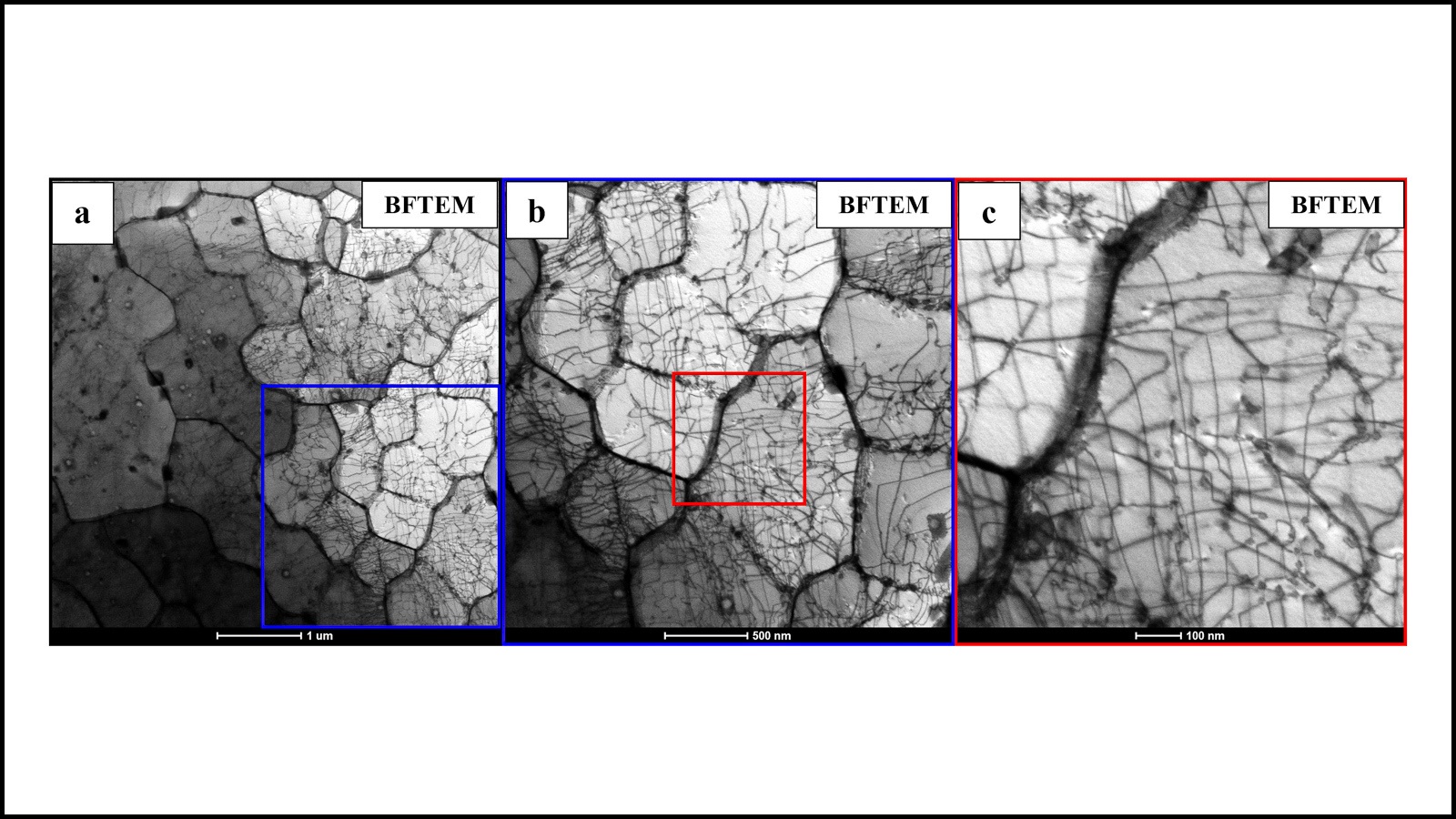Researchers at Argonne National Laboratory have conducted two studies examining 3D-printed stainless steel alloys used in nuclear reactors. The studies focused on understanding how additive manufacturing affects the microscopic structure of steel parts and their response to heat treatment processes.

The research team used laser powder bed fusion (LPBF) to print samples of two stainless steel alloys: 316H, an established material for nuclear reactor structural components, and Alloy 709, a newer alloy designed for advanced reactor applications. They employed X-ray diffraction and electron microscopy to compare the printed materials with conventionally produced steel.
The studies revealed that 3D-printed steels contain higher numbers of dislocations—structural defects that can strengthen steel but also increase internal stress. Heat treatment processes showed different results between printed and conventional steels, with nano oxides in the printed materials acting as barriers to grain movement and growth. “Nano oxides act as a sort of barrier to the movement of dislocations and the growth of new grains, causing some dramatic differences between the response of LPBF-printed and wrought steels to heat treatment,” said Xuan Zhang, a materials scientist at Argonne and co-author on both studies.
For the A709 alloy study, researchers found that printed samples displayed higher tensile strengths compared to wrought A709 at both room temperature and 1022°F. This marked the first experimental examination of additively manufactured A709 alloy. “Our results will inform the development of tailored heat treatments for additively manufactured steels,” said Argonne materials scientist Srinivas Aditya Mantri, a co-author on both studies.
The research was funded by the Department of Energy’s Office of Nuclear Energy’s Advanced Materials and Manufacturing Technologies program. The work utilized facilities at Argonne’s Center for Nanoscale Materials and the Advanced Photon Source, both DOE Office of Science user facilities.
Source: anl.gov

